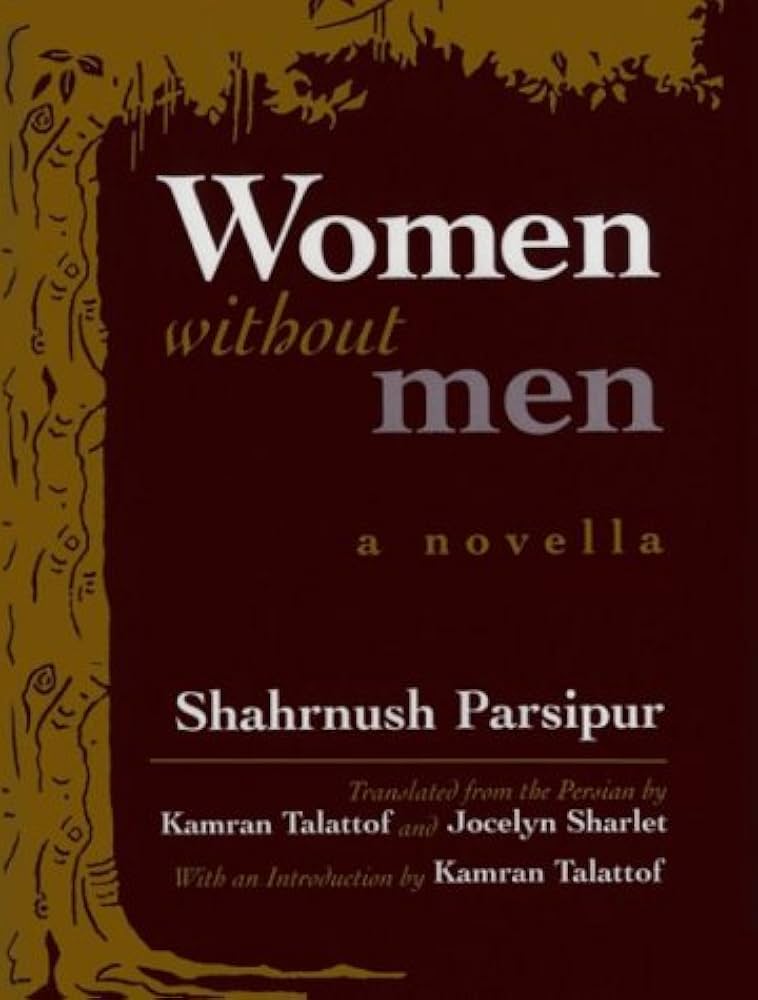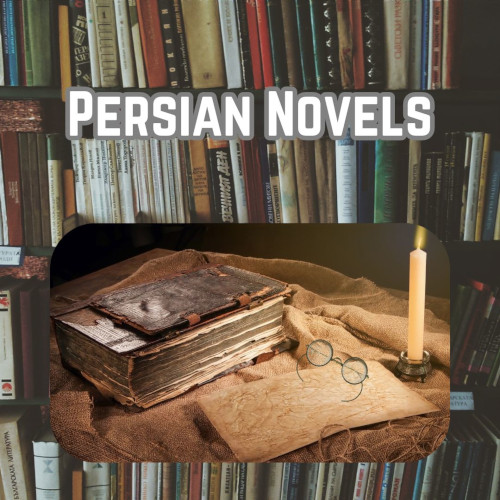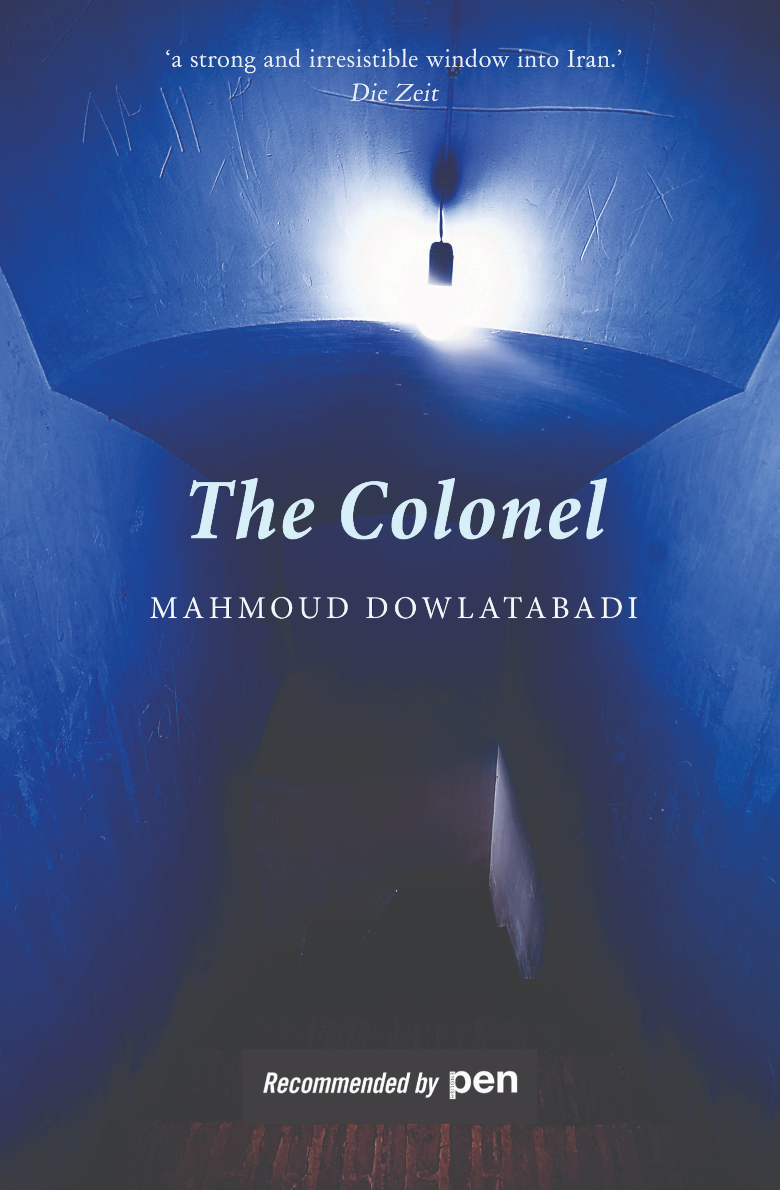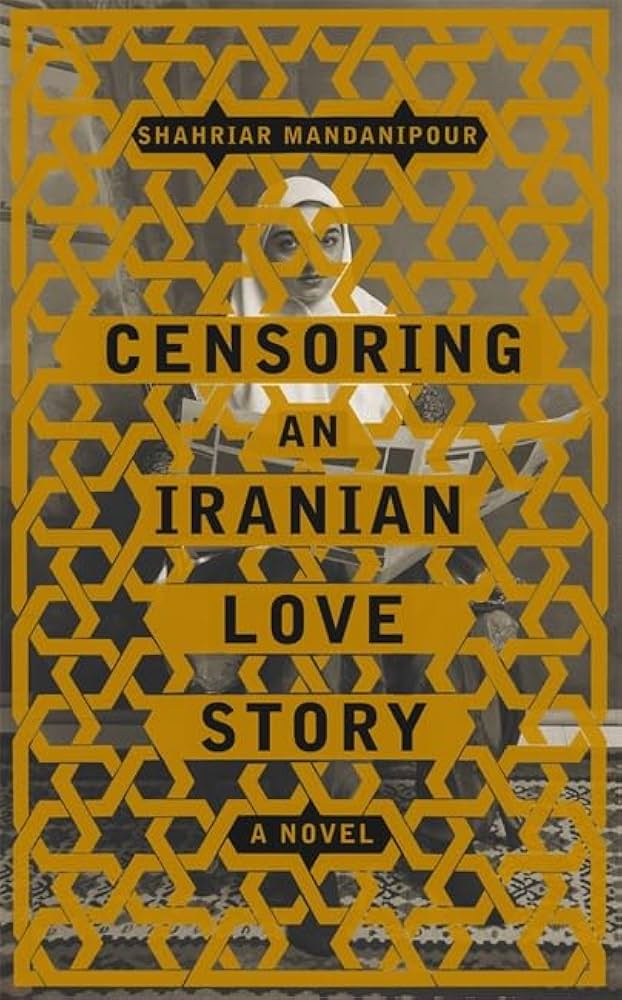Women Without Men

Author: Shahrnush Parsipur
Genre: Magical Realism
Publication Year: 1989
Women Without Men by Shahrnush Parsipur is a poignant and surreal novel that explores the lives of five Iranian women seeking freedom and self-discovery in a society constrained by strict patriarchal norms. Originally published in 1989, the novel’s candid exploration of women’s issues and its defiance of traditional gender roles made it controversial in Iran, leading to its censorship and Parsipur’s imprisonment. Blending magical realism with social commentary, Women Without Men is celebrated for its nuanced portrayal of female autonomy, solidarity, and resilience.
Genre
Women Without Men falls into the genre of magical realism and feminist literature. It combines fantastical elements with social critique, using surreal narratives to explore complex themes of freedom, trauma, and gender.
Description
The novel follows five Iranian women, each facing unique struggles, who find solace and strength in a magical orchard where they can live apart from societal expectations. The women include Munis, a politically conscious woman whose repressed life leads her to a tragic fate; Faezeh, her friend, who is trapped by conventional ideas of honor and marriage; Zarrinkolah, a sex worker plagued by visions of her clients turning into headless figures; Farrokhlagha, an affluent yet lonely woman who leaves her stifling marriage; and Mahdokht, a woman who dreams of becoming a tree to escape the confines of her existence. As they come together, the orchard becomes a sanctuary where they are free to redefine their identities, reconnect with their inner selves, and confront their pasts.
Through these interwoven narratives, Women Without Men offers a symbolic critique of Iranian society’s expectations for women and presents an alternative vision of solidarity, empowerment, and self-acceptance.
Review
Women Without Men is a beautifully crafted and imaginative novel that uses the power of magical realism to address real social issues faced by Iranian women. Shahrnush Parsipur’s prose is both lyrical and straightforward, making complex themes accessible while evoking a sense of enchantment. The novel’s surreal elements—such as Mahdokht’s transformation into a tree and Zarrinkolah’s headless visions—serve as metaphors for the women’s inner lives, desires, and struggles. Parsipur’s choice to place these characters in a magical orchard underscores their quest for a life that transcends societal limitations, offering a vivid critique of patriarchal oppression.
One of the most compelling aspects of Women Without Men is its portrayal of the different ways women navigate and resist the constraints placed on them. Each woman’s story is unique yet resonant with universal themes of identity, autonomy, and self-worth. Parsipur’s characters are not idealized or one-dimensional; they are flawed, complex individuals seeking freedom on their own terms. Through their journeys, Parsipur presents a nuanced perspective on what it means to break away from societal expectations and find personal fulfillment.
The novel’s strength lies in its ability to blend fantastical elements with gritty realism, making the women’s struggles both otherworldly and relatable. Parsipur’s subtle yet sharp social critique offers readers insight into Iranian culture, particularly the lives of women in a traditional society. The novel’s feminist themes, combined with its use of magical realism, make it a groundbreaking work in Persian literature and an essential read for those interested in gender studies, cultural history, and literary innovation.
Overall, Women Without Men is an evocative, thought-provoking novel that invites readers to reflect on freedom, resilience, and the power of community. Shahrnush Parsipur’s fearless storytelling and her characters’ journeys offer a deeply empathetic and moving portrayal of women’s inner lives. It’s a novel that celebrates the strength and courage it takes to defy convention and embrace one’s true self, making Women Without Men a lasting and inspirational work of feminist literature.



